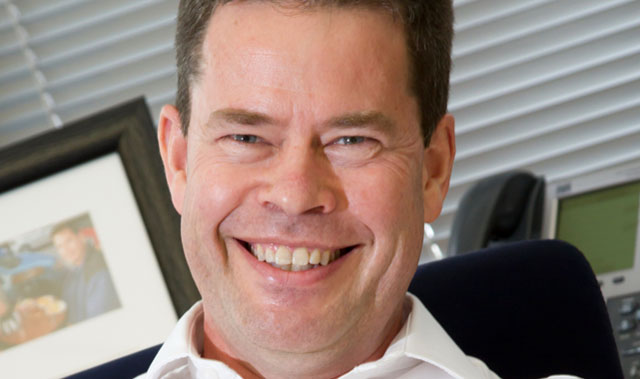
While there are plenty of good ideas contained in the national integrated ICT policy white paper, aspects of the document are “dangerous”, especially when it comes to spectrum, Telkom chief commercial officer Brian Armstrong warned on Thursday.
Armstrong, speaking to an audience in Midrand, said the proposal by government for a single wholesale open-access network (Woan) in urban and metropolitan areas doesn’t make sense.
Neither does a plan to take back so-called high-demand spectrum from operators.
“There’s actually a lot that’s good in [the white paper]. There is some stuff that is concerning, and then there is some stuff in it that is dangerous, potentially.”
He described the proposal that operators return assigned spectrum that they have used to deploy 2G, 3G and 4G networks as “very problematic”.
“We cannot see a scenario where people will be lining up to invest R5bn, R10bn or R20bn in their network, which runs on spectrum they might have to give back in five years,” Armstrong said.
“This is a fundamental problem and we have to have some discussion around this as an industry and with the regulator and the policy maker to come to a consensus view on this.”
Although he welcomed the idea of a single Woan to extend broadband coverage into “deep rural and rural areas”, mandating such a network in urban areas is an “inappropriate regulatory intervention”.
“Although the market is more concentrated than it should be in the urban areas and metros, the market is essentially working,” he said. “A single Woan is not the best way to go from an efficiency and innovation perspective.”
He warned against creating a monopoly infrastructure provider, saying this will not have the best outcome for consumers.
Armstrong also criticised the proposal that any operator that has access to mobile spectrum, no matter its size, be deemed to an open-access provider. “We don’t think that’s appropriate.”
He said the proposed rules around net neutrality also need to be revisited to ensure “equitability, not equality” of network traffic.
But there are many positive aspects to the white paper, he said. These include the focus on openness and putting consumers first, as well as recognising that both fixed and mobile services have an important role to play.
Also, a single Woan is an “appropriate response to the underserviced parts of the South African market”. It can provide efficiencies and a greater degree of access to people living in those areas, he said.
He added that whatever policies government comes up with, regulation should only happen when and where it is absolutely necessary.
“Where there is market failure, regulation is absolutely needed. Where we have inefficient markets, a degree of regulation is needed,” he said.
But, he said, investors need “predictability and certainty in the regulatory landscape”.
“We can’t be operating according to one set of rules today, a different set of rules in two years’ time and a different set of rules again in five or 10 years.
“And the process of regulation needs to be legally and procedurally sound, otherwise it will be held up in the courts forever.”
The purpose of policy and regulation should be to promote competition and investment. “This will drive adoption, and you will end up with enhanced customer choice, reduced cost to communicate and potentially with more universal access.” — © 2016 NewsCentral Media

